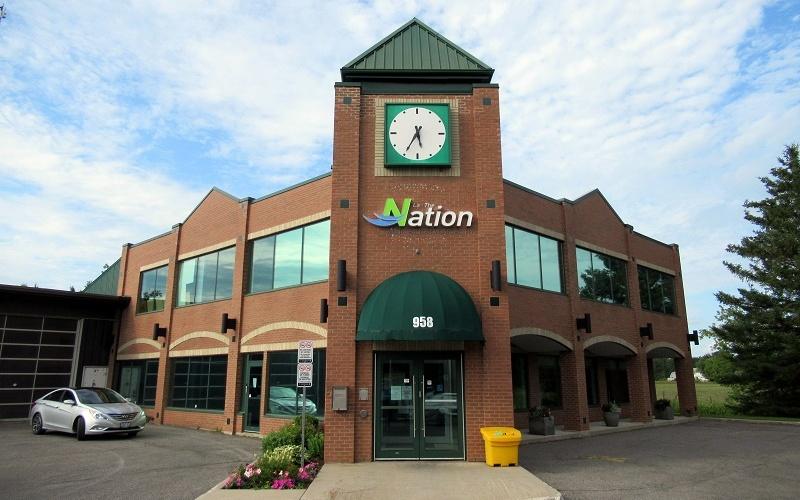When La Nation council met on November 23, it approved a bylaw that will maintain four wards in the municipality with one councillor per ward, plus the mayor. However, a group of residents and one councillor who opposed the decision filing an appeal against the decision with the Ontario Local Planning Appeal Tribunal (LPAT).
On September 28, three out of four councillors and Mayor François St-Amour voted in favour of the so-called Option One, which keeps four wards but adjusts their boundaries. Ward Four, which includes Limoges, will be reduced in size beginning with the 2022 municipal election as a way of better representing the large population of the community.
Option One was a result of an extensive Ward Boundary Review study and public consultation. Option Two would have added two wards to the municipality and as a result, two additional seats to council. The group of residents, including Ward Four Councillor Francis Brière, support Option Two because they believe it would better represent the current and future population of Limoges. The village would have been divided into two wards under Option Two. Council`s decision is to remain in effect for the next three council terms for a total of 12 years. Brière and the residents continue to emphasize that Option One does not fully meet the guiding principles of the study and that Option Two does meet them.
“Our group is quite organized,” Brière said.
The LPAT team, as it calls itself, has already taken steps to complete paperwork and develop its rationale for filing the appeal.
According to Brière, the rationale is fair representation. He explained that 45 per cent of La Nation’s population lives in Ward Four. He said that maintaining one ward for Limoges and the surrounding area means 50 per cent of the municipal population will only have one representative on council. Brière said there is a legal precedent for a maximum population variation of 25 per cent between municipal wards.
“We’re doing this for our village essentially,” said Brière, but he added that the area northeast of Casselman, and the rural wards of La Nation are also unfairly represented with one councillor for a large area.
Brière wanted to be sure his involvement with the LPAT team would not cause any ethical problems or conflicts of interest with his role as a councillor. He consulted with municipal Integrity Commissioner John Saywell first.
“He clearly stated this is something I can be part of,” Brière said.
However, whenever council discusses the LPAT appeal at a meeting, Brière must declare a conflict of interest and leave the room while council is discussing that subject.
The LPAT team is also seeking funds to cover the costs associated with LPAT appeal application fees, freedom of information request fees and possible legal fees. Donations can be made by e-transfer at [email protected] or through a crowdfunding page. Any surplus funds remaining after the LPAT process would be donated to local food banks.
“It’s going to be spent with considerable care and diligence,” Brière said of any funds raised by the team.
Brière said that the organization is not planning to exist as a permanent citizen’s lobby group or ratepayer’s association and will cease to exist after the LPAT hearing has concluded.
The group also has a Facebook page containing regular updates on its activities.


